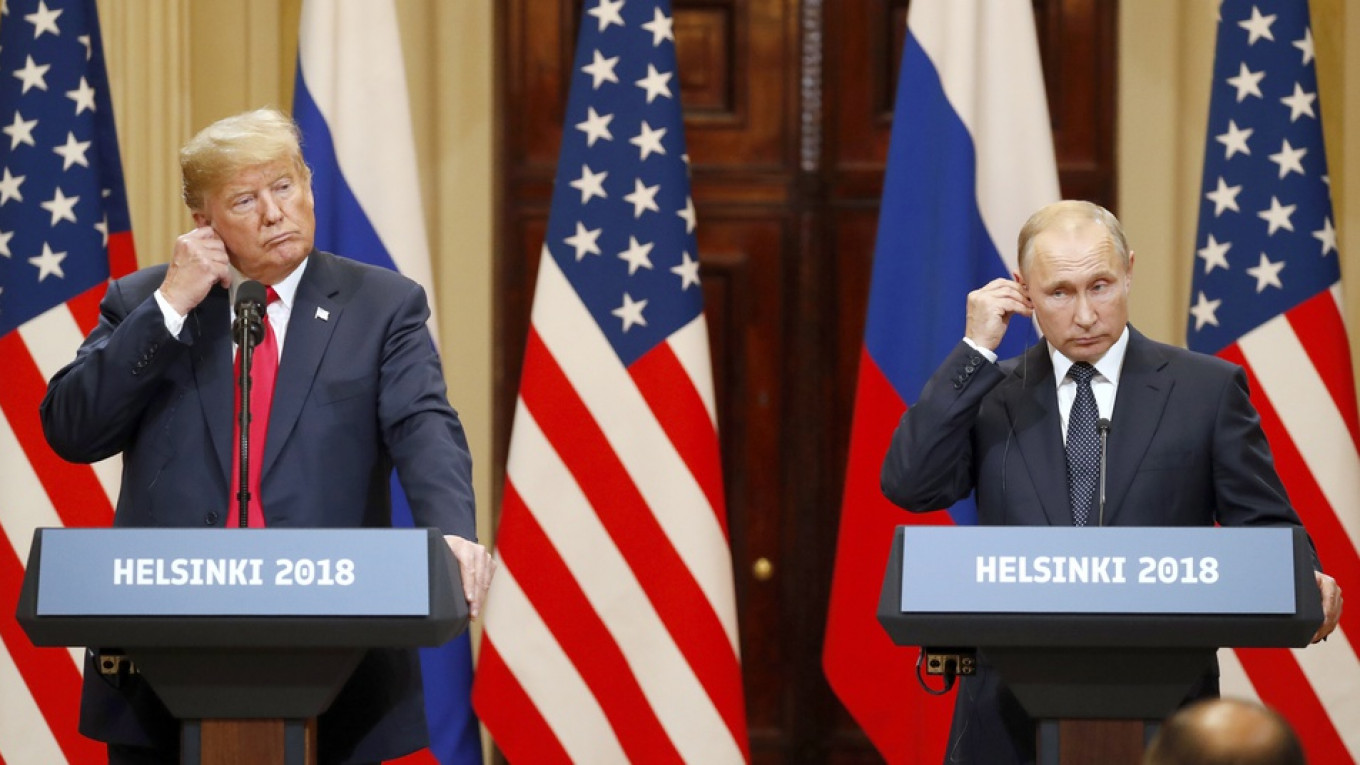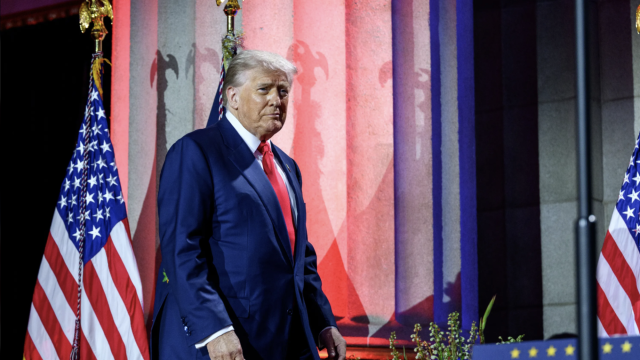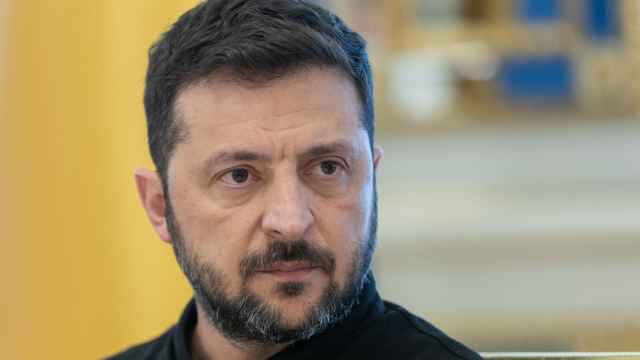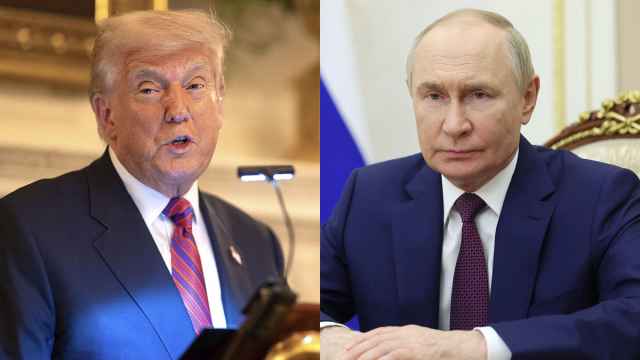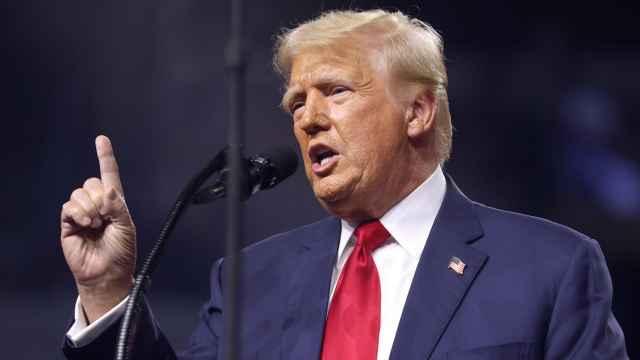In November of 2016, Russia found itself in the position not unlike that of the dog who, after years of trying, has finally caught up with the car. For much of the last decade, Russia worked to restrain American power, roll back U.S. hegemony and disrupt international systems and structures created mostly by the United States. By intervening in the American election in 2016, Russia finally achieved this goal. But Russia is now not sure what to do with the American Cadillac into which it has finally sunk its teeth.
By helping Donald Trump become President of the United States and by sowing distrust and division in American political life, Russia has achieved an important goal. Trump's presidency has led to an America which is less engaged in the rest of the world. Although Washington is still hawkish and committed to a strong military, it is an America being led by an erratic president and where domestic instability is growing. Trump’s complex web of relationships with Moscow only make all of these Russian gains more acute.
But the short-term gratification of seeing the Kremlin’s preferred candidate win the presidential race notwithstanding, Trump’s victory and its fallout have raised at least as many questions and potential problems for Russia as they have resolved. While Moscow has long chafed in a world of American hegemony, as that world changes, Russia faces potential challenges and responsibilities that it may not be prepared, or able, to shoulder on its own.
For example, as the dynamics between Russia and the United States continue to change in the Middle East, the former is emerging as the leading player in Syria. The Putin regime has managed to maintain working relations with all of the sides involved in the conflict, and has made the most of the decline of U.S. presence in the region. However, without a strong American hand in the Middle East, Russia’s influence will continue to grow, but so may regional instability and the possibility of increased conflict. Russia, for its part, lacks the resources or ability to single-handedly address that. Similarly, while the Kremlin would be very happy to see a lighter American touch in Ukraine, Georgia and elsewhere in the former Soviet space, Russia would be overwhelmed, not least economically, if it had to become more involved in those countries.
There are also issues of global significance such as Islamist terror, nuclear proliferation and climate change where substantial Russian-American cooperation is increasingly strained, but also essential. If the U.S. continues to descend into instability and withdraws from the rest of the world, these issues will become deeper and more complicated while weighing heavily on Russia’s shoulders.
For now, it appears as if Vladimir Putin has won the cyber contest against the United States, and the public naming-and-shaming has enhanced Russia’s reputation as a global player on the cyber field. But the United States continues to remain a dominant power in this domain, meaning that increased escalation of tensions in this area could ultimately be a major setback for Russia. The Russian dog may be holding on to that big Cadillac for the world to see, but it is clear that there is not much else he can do with it.
Russia’s decision to become involved in the 2016 election was a high stakes bet that, in the short run, appears to have paid off beyond Moscow’s expectations. Although the Trump administration has not turned the store over to Moscow, Trump himself continues to advocate for a softer position on Russia, all the while promoting a precarious foreign policy of “America First.” That is clearly an immediate win for the Kremlin, but the longer-term prospects are different.
Although it is possible, that Trump’s presidency will lead to enduring crisis or political implosion, in the United States, it is also possible that by 2021, a new President will enter the White House who is committed to restoring American democracy and America’s role in the world. If that occurs, one of the first things that president, whether a Democrat or a Republican, will have to contemplate is how to respond, albeit belatedly, to Russia’s actions in 2016 beyond merely expelling several Russian diplomats and state operatives or implementing additional sanctions.
In recent years, Russia has proven itself to be a sophisticated actor in the cyber arena through political hacking and the use of cyber means to spread disinformation and propaganda. However, the cyber capabilities of the United States, compared to those showcased by Russia, are still the more robust of the two. Accordingly, should the next U.S. administration decide to retaliate in a belated counter-attack against its cyber opponent, Russia will finally be forced to bear meaningful consequences for its “hacktivities.’
Lincoln Mitchell is an adjunct associate research scholar at Columbia University’s Arnold A. Saltzman Institute for War and Peace Studies who writes about US-Russia relations, American democracy, the former Soviet Union and baseball.
Tinatin Japaridze is an M.A. student at Columbia University’s Harriman Institute, working on U.S.- Russian relations with a focus on cybersecurity and digital diplomacy.
A Message from The Moscow Times:
Dear readers,
We are facing unprecedented challenges. Russia's Prosecutor General's Office has designated The Moscow Times as an "undesirable" organization, criminalizing our work and putting our staff at risk of prosecution. This follows our earlier unjust labeling as a "foreign agent."
These actions are direct attempts to silence independent journalism in Russia. The authorities claim our work "discredits the decisions of the Russian leadership." We see things differently: we strive to provide accurate, unbiased reporting on Russia.
We, the journalists of The Moscow Times, refuse to be silenced. But to continue our work, we need your help.
Your support, no matter how small, makes a world of difference. If you can, please support us monthly starting from just $2. It's quick to set up, and every contribution makes a significant impact.
By supporting The Moscow Times, you're defending open, independent journalism in the face of repression. Thank you for standing with us.
Remind me later.




